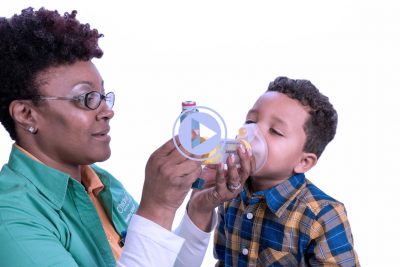 Family, friends, fun and FOOD…it’s the holiday season and food is such an important part of holiday gatherings. This holiday season, keep food safety in mind, including proper planning, safe shopping, working in the kitchen and wrapping up leftovers. Foodborne illness (“food poisoning”) is caused by eating food contaminated with certain bacteria, viruses or parasites. Examples of disease-causing organisms include Salmonella, E.coli and Listeria. These bacteria are sometimes found in:
Family, friends, fun and FOOD…it’s the holiday season and food is such an important part of holiday gatherings. This holiday season, keep food safety in mind, including proper planning, safe shopping, working in the kitchen and wrapping up leftovers. Foodborne illness (“food poisoning”) is caused by eating food contaminated with certain bacteria, viruses or parasites. Examples of disease-causing organisms include Salmonella, E.coli and Listeria. These bacteria are sometimes found in:
- raw and undercooked meat, poultry, fish and their juices
- the surfaces and juices of raw fruits and vegetables
- unpasteurized milk and milk products, like raw milk, soft and semi-soft cheeses
- raw and lightly cooked eggs
Since most of these foods are often part of the menu at holiday meals and parties (cheese, fruit and vegetable platters, seafood, turkey, baked goods, eggnog and cider), it is a good idea to take extra care when preparing, cooking, serving and storing food during the holiday season.
Planning your food shopping
Equip your kitchen with what you need for safe food handling, including two cutting boards (one for raw meats and seafood and the other for ready-to-eat foods), a food thermometer, shallow containers for storage, paper towels and soap. Store foods in the refrigerator at 40°F or below, or in the freezer at 0°F or below. Check the temperature of both the refrigerator and freezer with a refrigerator thermometer.
Safe shopping
Keep raw meat, poultry and seafood separate from ready-to-eat foods like fruit, vegetables and bread. Don’t purchase expired meats, damaged produce, or canned goods that are leaking, bulging or rusted, as these may become a breeding ground for harmful bacteria. Buy cold foods last, and bring foods directly home from the grocery store. Remember to always refrigerate perishable foods, such as raw meat or poultry, within one to two hours.
Working in the kitchen
In a holiday kitchen filled with family and friends, you have many hands offering to help with cooking and serving, but are those hands clean? Make sure everyone washes their hands thoroughly with warm water and soap for 20 seconds before and after handling food. And when baking delicious holiday treats, it’s tempting to eat raw cookie dough or brownie batter containing raw eggs, but that is unsafe.
Packing leftovers
As you eat and visit with family and friends, keep in mind how long the food on the buffet table has been sitting out unrefrigerated. Throw away all perishable foods (such as meat, poultry, eggs and casseroles) left at room temperature longer than two hours. You cannot tell if a food is unsafe by taste, smell or appearance alone. Refrigerate or freeze other leftovers in shallow, air-tight containers, and label with an expiration date. Reheat leftovers to 165°F, and do not eat expired foods, as this could lead to food poisoning.
‘Tis the season, and according to the American Dietetic Association (ADA), leftover food lingers after 99 percent of all holiday meals. Keeping yourself informed of the basics of food storage and reheating is important for retaining flavor and nutrients and reducing the risk of food-borne illness.





Comments